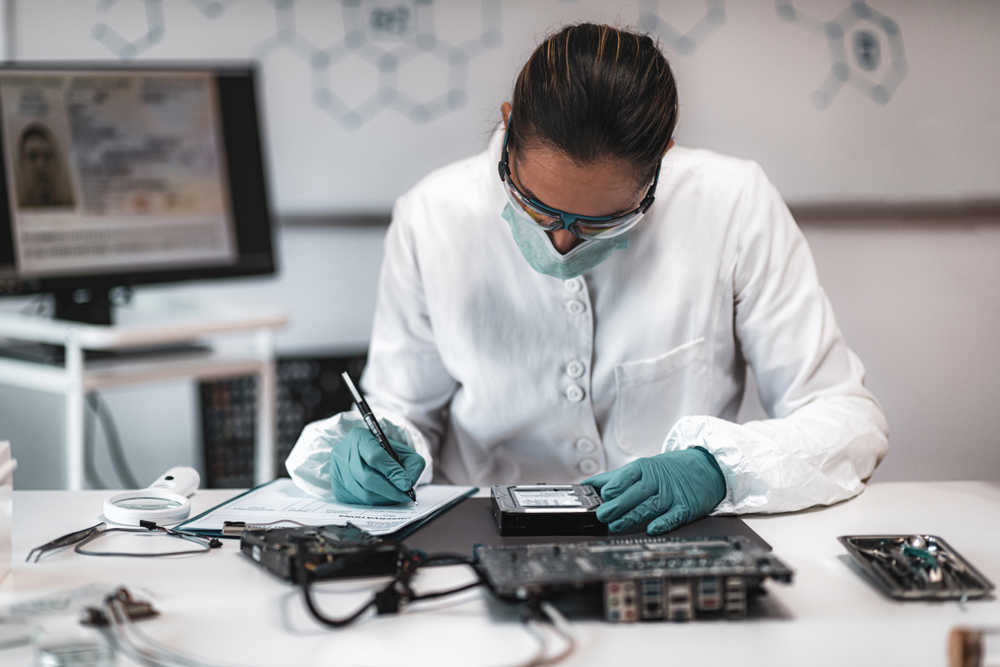In our increasingly digital world, the importance of digital forensics cannot be overstated. Whether for legal investigations, corporate security, or personal matters, digital forensics plays a crucial role in uncovering data and evidence from electronic devices. This article explores the field of digital forensics, its applications, and the services provided by experts like Proven Data.
What is Digital Forensics?
Digital forensics is the process of identifying, preserving, analyzing, and presenting data from electronic devices in a manner suitable for legal proceedings. It encompasses various technologies and methodologies designed to recover and analyze data that may have been deleted, altered, or hidden. This can include information from computers, smartphones, tablets, and cloud services, making it an essential tool for investigations across various sectors.
Key Components of Digital Forensics
- Data Acquisition: The first step in any digital forensic investigation is acquiring data from the target device. This process must be done carefully to avoid altering the data. Forensic experts use specialized tools to create an exact image of the device’s data, ensuring that the original information remains intact.
- Data Analysis: Once the data is acquired, forensic analysts examine it to uncover relevant information. This involves using software tools to analyze file structures, recover deleted files, and interpret metadata. Analysts often look for patterns or anomalies that could provide insights into the incident being investigated.
- Reporting and Presentation: After analyzing the data, the next step is to compile the findings into a report. This document must be clear and concise, detailing the methods used and the evidence uncovered. In legal situations, experts may also be required to testify about their findings in court.
Applications of Digital Forensics
Digital forensics has a wide range of applications, including:
- Criminal Investigations: Law enforcement agencies rely on digital forensics to gather evidence in criminal cases. This can include investigating cybercrimes, fraud, and other offenses where digital devices are involved.
- Corporate Security: Companies often use digital forensics to investigate data breaches, employee misconduct, and compliance violations. This can help them understand how breaches occurred and how to prevent future incidents.
- Civil Litigation: In legal disputes, digital forensics can uncover evidence that supports or refutes claims made by parties involved. This is especially useful in cases involving intellectual property theft, divorce settlements, and other civil matters.
- Incident Response: Organizations facing a cyber incident often engage digital forensic experts to assess the situation, recover lost data, and implement measures to prevent future attacks.
Why Choose Proven Data?
When it comes to digital forensics, expertise matters. Proven Data offers a comprehensive suite of digital forensic services designed to meet the needs of individuals and organizations alike. Their trained professionals employ the latest tools and techniques to ensure that all data is handled securely and efficiently.
For more information about their digital forensics services, you can visit https://www.provendata.com/services/digital-forensics/ They provide tailored solutions to assist with everything from criminal investigations to corporate security assessments.
Conclusion
Digital forensics is a vital component of modern investigations, playing a crucial role in uncovering evidence and providing insights that can lead to resolutions in various contexts. Whether for law enforcement, corporate security, or personal matters, understanding the processes and applications of digital forensics can significantly enhance the effectiveness of investigations. As the digital landscape continues to evolve, partnering with experts in the field, such as Proven Data, ensures access to the best resources and knowledge for navigating complex digital environments. By investing in digital forensics, individuals and organizations can protect themselves, resolve disputes, and uphold the law in an increasingly digital age.








